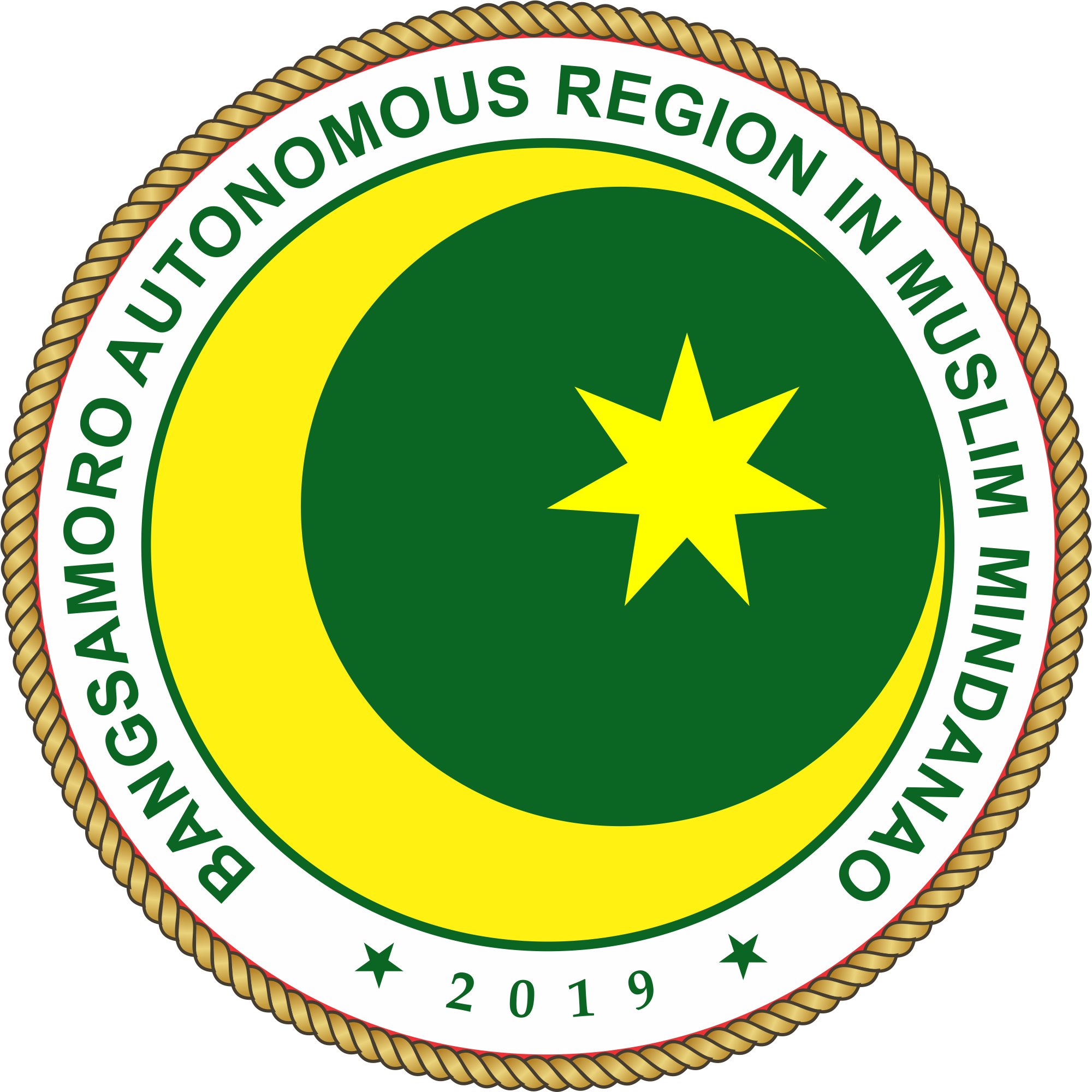DAVAO CITY – The Bangsamoro Autonomous Region in Muslim Mindanao (BARMM) has vowed to explore all avenues to resolve the issues surrounding the exclusion of Sulu from the region following the Supreme Court decision on September 9.

The Supreme Court unanimously upheld the constitutionality of the Bangsamoro Organic Law (BOL) but ruled that Sulu is not part of BARMM after the province voted against the law’s ratification in 2019.
“We will carefully study the Supreme Court’s decision on Sulu’s exclusion with the commitment to explore all avenues to hold fast to the dream of a united Bangsamoro as well as ensure that the commitments enshrined in the Comprehensive Agreement on the Bangsamoro will be fully realized,” said BARMM chief minister Ahod Ebrahim in a statement.
Ebrahim said that the landmark ruling has validated the decades-long peace process that led to the establishment of the Bangsamoro government.
He added that BOL is far more than just a legislative act. “It is a measure that gives legal effect to the politically negotiated settlements, reflecting the agreements and compromise of various stakeholders.”
Ebrahim, chairman of the Moro Islamic Liberation Front, said that they are deeply concerned over the exclusion of Sulu from the Bangsamoro region.
He said that Sulu is not just an essential component of the Bangsamoro by virtue of law but also by its deep historical and cultural ties to the Bangsamoro identity and struggle.
“The Bangsamoro will never be the same without Sulu and its people,” Ebrahim said.
BARMM spokesperson Mohd Asnin Pendatun said that the exclusion of Sulu doesn’t mean that there will be an abrupt disruption of government services in the province.
Pendatun clarified that the Bangsamoro government will ensure a smooth transition in government services and operations.
He added that the Muslim communities in the province could still avail of the services of the Bangsamoro government as provided by the law.
The exclusion of Sulu has left the BARMM with the provinces of Basilan, Maguindanao del Norte, Maguindanao del Sur, and Tawi-Tawi.
During the plebiscite, only Sulu rejected the ratification of BOL – the no winning against the yes votes, 163,526 to 137,630.
Gov. Sakur Tan has yet to release a statement on the issue.
In October 2018 or barely three months after it was signed into law, Tan filed a petition before the Supreme Court questioning the constitutionality of the BOL.
Bangsamoro Parliament Deputy Speaker Benjamin Loong lamented the exclusion of his home province from the Bangsamoro region.
The exclusion of Sulu, Loong pointed out, would eliminate seven parliamentary districts from the BARMM and subsequently the positions of representatives in the Bangsamoro parliament.
“The Commission on Elections and BARMM authorities are now faced with the dilemma of determining how to interpret the decision regarding the conduct of the upcoming elections. There is now the question of whether the elections should proceed as planned with the exclusion of the province of Sulu, or if it should be recommended that the elections be postponed pending the resolution of issues brought up by the Supreme Court decision,” he said in a statement.
Loong also emphasized that the Supreme Court ruling, Sulu may also face setbacks on many frontline government services.
The healthcare, education, transportation, and infrastructure will now be left without budgetary backing or in administrative limbo, the Tausug lawmaker added.
“Over the past five years, the Bangsamoro regional government has made the concerted effort to invest in improving the quality of life of people within the province of Sulu. Without the investments infused by the regional government, efforts at improving standards of living will be greatly hampered.”